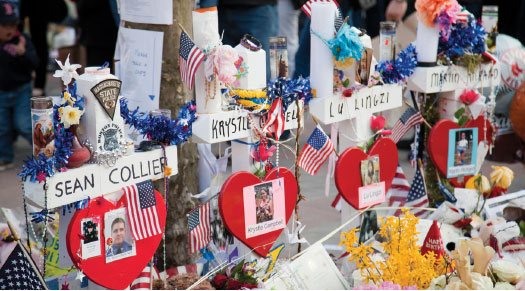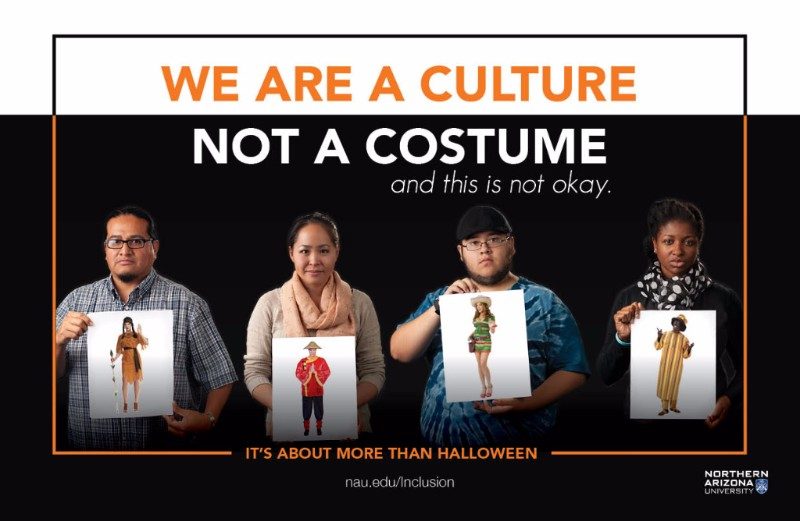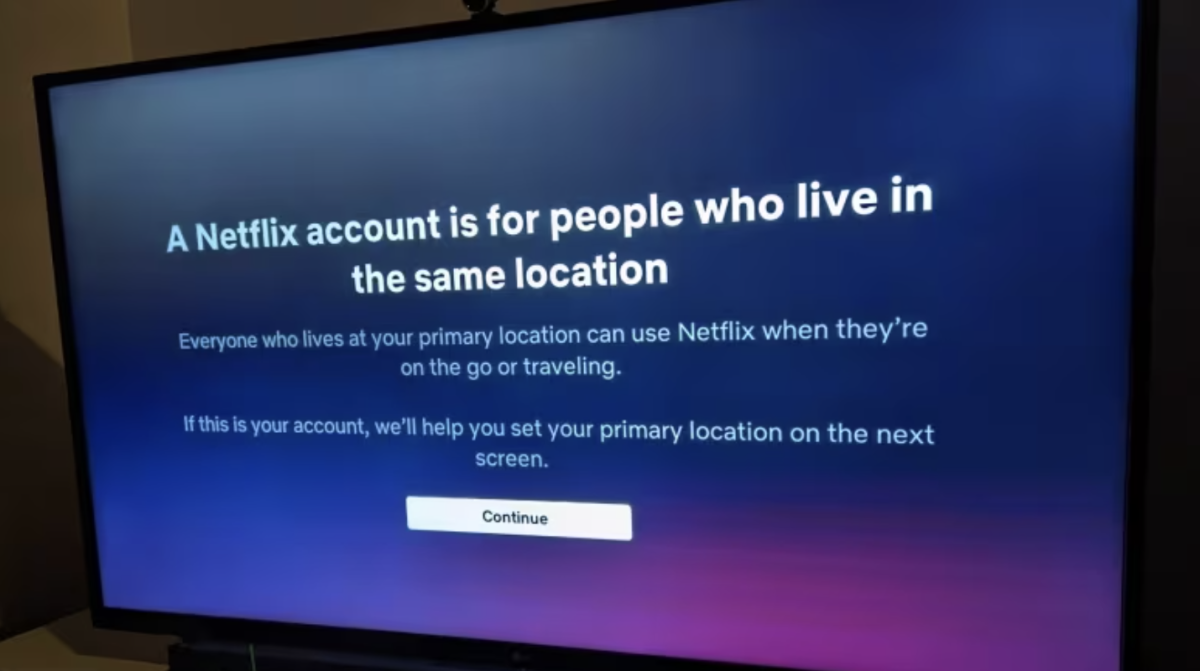By William M. Bellamy
Warburg Lecturer
Ten years ago my biggest worry as US Ambassador to Kenya wasn’t another terrorist bombing of our Embassy. We had improved our defenses since the destructive Al Qaida attack in 1998. What I most feared were gunmen vaulting the walls of our Embassy grounds or forcing their way into our lightly protected residential compounds. For that kind of assault, I knew we weren’t well prepared.
It took almost a decade, but eventually the gunmen came. They represented Al-Shabaab, the ruthless Al-Qaida franchise in Somalia, and they chose their target well. Nairobi’s new Westgate Mall with its sleek stores and cinemas symbolizes all that the Islamist extremists hate about Kenya — its open economy, its international connections, its modernity, its racial, religious and social diversity. For all its governance problems — and they are many and maddening — Kenya stands out as a broadly tolerant and pluralistic society. It is the antithesis of the Salafist police state Al-Shabaab wants to impose next door in Somalia.
Like all open societies, Kenya is vulnerable. Its long desert border with Somalia is porous. Kenya’s police are better known for corruption than crime fighting. Hundreds of thousands of Somali refugees shelter in Kenya’s cities or in teeming camps. But even with tighter controls over its border and its at-risk populations, it is hard to see how Kenya could have thwarted an attack of this size and sophistication. Intelligence gathering sometimes provides “strategic warning” of terrorist attacks. It does not appear there was advance warning of the assault on Westgate Mall.
The jihadists may have hoped to drive Kenyan forces out of Somalia where they are part of a UN-sponsored coalition of African armies defending the Somali government from Al-Shabaab terror. Or they may have wanted to trigger violence between communities within Kenya. Whatever their motive, they failed. President Kenyatta has vowed to stay the course in Somalia. After Westgate, ordinary Kenyans will rally even more strongly behind their government and its policies.
The United States is Kenya’s largest donor of foreign aid and a key security partner. Kenya generally uses the aid well. Its military welcomes and works closely with US counterparts. Kenya may seek US help now to confront this more sophisticated and brutal extremist threat. That should be an easy call for the Obama administration.
The anguish and anger from this tragedy will endure for some time. But amid the heartbreaking scenes of Westgate Mall — conveyed to us in real time by social media — something extraordinary stood out. It was the spirit of courageous Kenyans as they sought to protect, rescue and comfort each other against fearsome odds. I saw it too in the faces of those overmatched police bravely confronting heavily armed and hidden gunmen.
Terrorism fails by failing to terrorize. Despite the horror of Westgate, Kenyans are not likely to yield to extremist blackmail. Nor will they allow terrorism to undermine their open society or set one faith or one community against another. With the siege at its height last Saturday, I anxiously texted a Kenyan journalist friend in Nairobi to ask: “will mosques burn in Nairobi tonight?” His reply was immediate: “Tell everyone. We won’t burn mosques.”
That is surely not the kind of answer the killers at Westgate Mall were hoping for.
William M. Bellamy is the Warburg Professor in International Relations at Simmons College. He was previously U.S. ambassador to Kenya from 2003 to 2006
This article was previously published to Simmons College Alumnae/i on Alumnet.Simmons.edu























